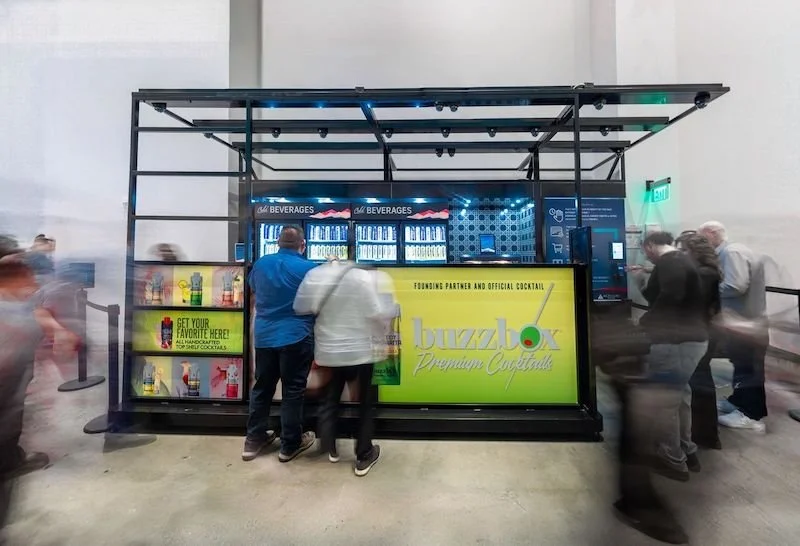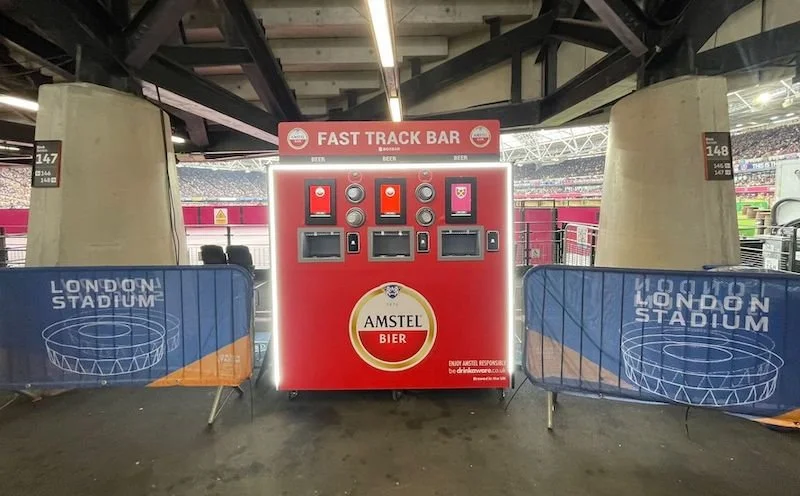A farewell to Sanity as iconic Australian retailer closes its last two stores
One of the most famous Australian retailers is no more – at least as far as physical storefronts go.
For the past 40 years, Sanity has been one of the staples of Australian shopping centres, and at its height, the music retailer had more than 200 stores across Australia.
By March 2023, that figure was down to two stores in Queensland, one in Brisbane and the other in Bundaberg. Now those have both closed for good and Sanity has transitioned to a 100% online retailer.
The store’s owners had warned that this day was coming. In January, they announced that all 50 remaining stores would be closing over the first half of the year, an inevitable result of changing purchasing habits in the digital age.
Music stores have been hit particularly hard by the shift to cyberspace, even more so than movie theaters and casinos, which have also been hit.
The rise and fall of Sanity
In 1980, entrepreneur and music lover Brett Blundy opened a record shop called Jetts in Pakenham, Victoria. Over the 80s, he grew the franchise, opening more stores, and in 1992, the business was rebranded Sanity.
The company went from strength to strength, shifting its focus from vinyl to CD as the technology evolved. However, over the past decade, it has become increasingly difficult for music businesses to survive as consumers have made the switch to downloading instead of buying physical CDs and records.
Ray Itaoui purchased the brand in 2010, with plans to make it bigger and better. However, some commercial realities are just not possible to counter and Itaoui said that not only are customers choosing digital means to obtain their music and movie media, artists are also preferring these distribution channels.
This presented insurmountable problems both up and down stream in the supply chain, with declining content available and fewer people interested in buying it.
Echoes of the casino and pokie business
The situation that Sanity found itself in is not unique to CDs and DVDs. A similar decline is taking place in the gaming world and especially in the iGaming niche, which is huge in Australia.
Here, it is not so much to do with changing formats, such as console to mobile, which affects other games. It is more the case that online casinos can offer a wider choice of games, more generous bonuses, better VIP perks and so on. You can read more about what the top Australian gambling sites have to offer.
The casino businesses have mostly taken a pragmatic approach to the online threat. The internet is not going to go away, and whatever Australian regulators might try to do, online casino platforms are here to stay, too. But by focusing very narrowly on specific niches, the land-based facilities can still do good business.
Also, some gambling houses find that so called competition from cyberspace is actually nothing of the sort. The internet provides access to casino games to individuals who might not otherwise have even considered visiting a real casino.
A few spins of the reels online, however, can inspire them to try out their new found hobby in the physical world.
What lessons can other retailers learn?
Returning to the case of Sanity, there are certainly lessons that other retailers can learn if they feel online or digital services are muscling them out of business. Perhaps the most important is to know your customer and what he or she wants.
Sure, in the late 1990s when there were 200 Sanity stores, the customer base was everyone who likes watching DVDs or listening to CDs. That allowed the brand to take a McDonald’s style “pile ’em high, sell ’em cheap” approach.
When footfalls started to dwindle, Sanity focused on who was no longer shopping there. They closed their stores and followed them into cyberspace where they will find some seriously hard competition.
Perhaps if they had instead paid attention to those customers who remained loyal, they could have adjusted the business model to something more specialised but still profitable.
A UK business called Adrian’s had similar beginnings in the small Essex town of Wickford. The initial record shop became famous for its second floor where there were all sorts of rarities. Like Sanity, Adrian’s grew dramatically in the 1990s.
The interesting thing is that it still exists today, but now is back to a single store – one that still sells CDs and DVDs but is most famous for its vinyl rarities section. Adrian’s also sells online and understandably, the store’s knack for sourcing rare records has earned it a global client base.
The point is, changing technology changes buying habits, and retailers have to evolve. But staying in tune with customer needs provides the best opportunity for survival.















Continue reading…